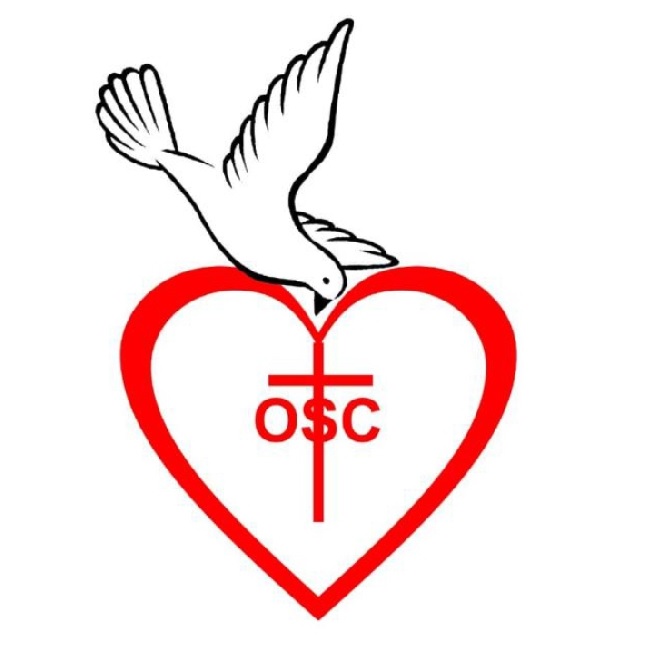The body of Christ consists of people who have been saved from sin by God’s grace, and this is the demonstration of the kindness of God (Ephesians 2:3). Grace can be defined as unmerited favour or a gift given to someone especially when the person does not deserve it. Paul in this passage explains how humanity was saved from total destruction thereby bringing man into a new life and relationship with God. Today’s lesson emphasizes the fact that we are God’s workmanship created for a purpose.
Paul acknowledged that our former life is characterized by sin and were controlled by the ruler of the air, the spirit who controls those who are disobedient. As a result, we were separated from God and destined to be punished by God. But God’s mercy has been extended to us because of God’s great love (John 3:16). Therefore, to avoid separation from God and eternal punishment, we should jealously guide our new found faith in Christ. We should be on guard against the devices of the devil to lure us into sin after we have been saved by the grace of God.
• Why do some people find it difficult to exhibit godliness even after their conversion?
Paul helped us see that our works, no matter how good they seem, cannot earn us salvation. God initiated the plan of salvation for humankind without our benevolent activities, however meritorious. We are saved by the grace of God. We have been made alive spiritually because Christ lives in us. So, we have the privilege of sitting with him in eternity. This is a great houour and privilege that we cannot earn through good works. In our union with Christ, He has created us purposely to do good works according to what He has already planned for us.
• Discuss the riches of God’s grace and mercy towards humanity.
• Discuss some practical good works we can do as God’s handiwork.
• We are saved by grace, not by works.
• We are saved to do good works.
• We are God’s handiwork.
“For we are God’s workmanship, created in Christ Jesus to do good works, which God prepared in advance for us to do.”
Ephesians 2:10.
